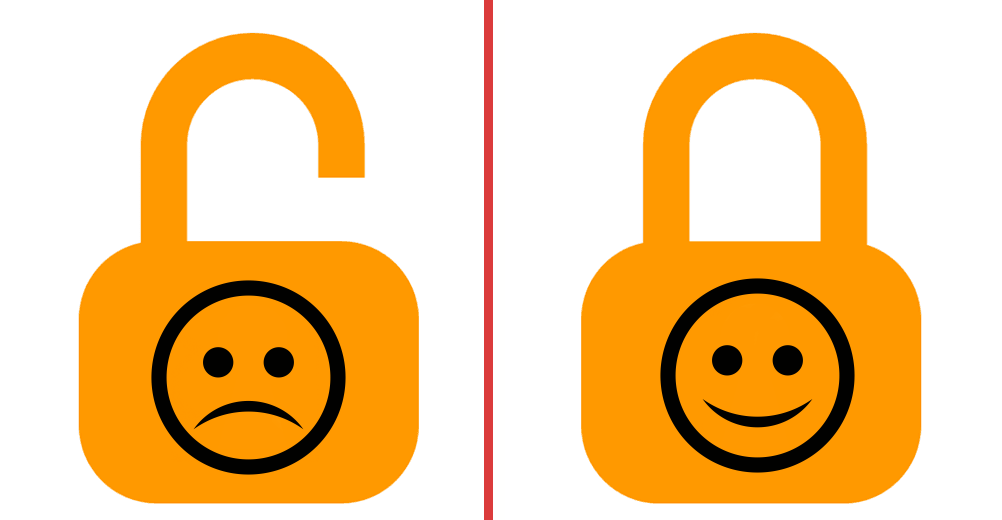



 (10 votes, average: 4.60 out of 5, rated)
(10 votes, average: 4.60 out of 5, rated)Do you know what the best physical businesses do to facilitate the best customer experience? They make their customers feel happy. Now you might be inclined to think that this is a pretty simplistic answer, but don’t you dare think this way. Customer Experience is a much more complicated field than most of us imagine.
You might be surprised to know that many leading universities have dedicated programs in this area. In recent years, with the stupendous rise of e-commerce platforms, there’s been an addition to the ‘make your customers happy’ definition, and it’s become ‘make your customers feel happy and secure.’
Imagine walking into a grocery store full of suspicious looking people staring at you for no reason whatsoever. As you keep exploring various parts of the store, these people too keep turning their eyes on you. Not the best customer experience in the world, right? You’re very likely to get out of the store without spending a second of your thought. Well, the same goes for websites/apps. If a customer feels that the website or app isn’t secure or genuine enough, it will take him/her microseconds to shut the door in your face (almost forever).

Let’s have a look at some numbers, shall we?
We could literally go all day with these numbers, but we also want you to stick around so we’ll stop with those three.
Sun Tzu once said, “Know your enemy and know yourself and you can fight a hundred battles without disaster.” So, let’s focus on your enemies first.
Out of all types of websites available on the internet, e-commerce platforms are the most susceptible to cyber-attacks for obvious reasons. These are the names you should remember as long as you’re in the business.
If you yourself don’t feel secure, how will your customers? So, make it safe. We know it’s not a walk in the park, but when you want to make Bob sitting on top of a mountain somewhere in Colorado give you his hard-earned money, security should be your top concern. Don’t you think?
Now “secure website” is a highly subjective term and it can change for everyone. Something that might be secure for a blogger might not be reliable for a Chief Executive. As far as the e-commerce sites are concerned, there are specific ground rules that every e-commerce site must adhere to.
So, ask yourself or your IT department these simple questions. If the answer to any question comes in No or Maybe, you know what to do.
Being an SSL/TLS security certificate provider, we well & truly understand the significance an SSL certificate holds. That’s why we urge you to get an SSL/TLS certificate first.
An SSL/TLS certificate encrypts your customers’ data – such as email IDs, passwords, credit card details, etc. – while in transit. It also authenticates your identity by letting your customers know you are who you say you are. Once you install an SSL certificate, your website gets a trust-marks that showcases the security of your website. These trust-signs include HTTPS prefix, green padlock, and site seals. If you get an extended validation (EV) cert, it couldn’t get any better. With EV, you get to flaunt your company name in front of your URL (the same way we have) and exhibit your legitimacy. EV certs are explicitly designed for e-commerce websites, and we recommend you go with it.
Even if you don’t buy it from us then (BTW, we have the cheapest range of Comodo SSL certs, and we guarantee that) get it from somebody else but get it ASAP. And if you have a cert, look after it well. Make sure that every single page of your website is served via HTTPS. You can use our nifty SSL checker tool to check that. Oh, and don’t forget to check your certificate’s expiry date.